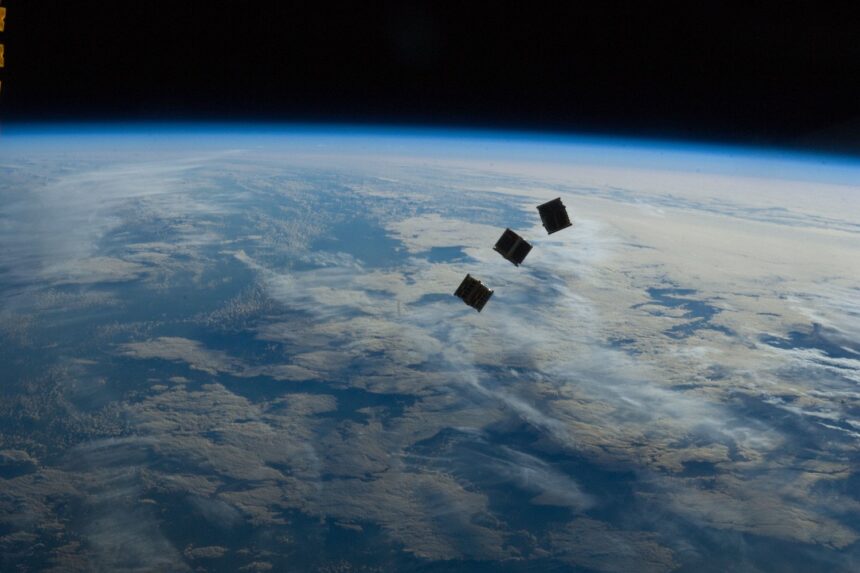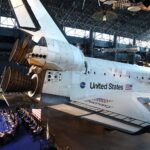After weeks of uncertainty, it appears that the Trump administration is preparing to gut NASA, based on a preliminary budget that would see the space agency’s funding nearly halved.
Weeks of whispers (read: statements in scientific and Congressional committee meetings) have already indicated the way the breeze was blowing for NASA. And by breeze, we mean hurricane-force headwinds. The Washington Post reported that the preliminary “passback” version of Donald Trump’s budget proposal would slash NASA’s funding to $3.9 billion from $7.3 billion.
Nicky Fox, NASA’s associate administrator for science, told the House Science Committee’s space subcommittee on April 1 that the agency had not run any scenarios on what NASA would do if funding was cut 50%, because the agency had not yet seen the Trump administration’s 2026 budget request. Well, some folks have seen it—and it ain’t pretty.
According to SpaceNews, Fox said that “a 50% cut is going to result in some pretty drastic decisions.” I hope your pencils are sharpened, NASA budget folks, as you may not be able to afford sharpeners next year.
NASA’s press secretary Bethany Stevens stated that “NASA has received the fiscal year 2026 budget passback from the Office of Management and Budget, and has begun the deliberative process.”
We’ll see how those deliberations go. Cutting the nation’s space agency’s budget will mean stopping a huge number of ongoing and planned missions that would otherwise help astronomers, astrophysicists, and planetary scientists understand the cosmos. The missions NASA undertakes allow humankind to explore beyond the limits of our own world’s gravity, expanding the horizons of our species in the universe.
Furthermore, NASA’s missions help us answer three of the most fundamental questions of human existence: Where did we come from, where are we going, and are we alone?
According to the Post’s report, the agency’s astrophysics budget will drop to less than half a billion dollars from $1.5 billion. Its planetary science budget would drop from $2.7 billion to $1.9 billion and its Earth science budget would halve, falling to just over $1 billion from about $2.2 billion. No telescope besides the Hubble and Webb space telescopes would be funded—bad news for the Roman Space Telescope, set to launch as soon as next year.
Already, space science thought leaders are describing the passback budget as an extinction-level event for NASA, an agency that has led the way in space exploration for nearly 70 years.
As reported by Ars Technica, the document is just the first part of a process for the fiscal-year 2026 budget, produced by the White House Office of Management and Budget. That office is run by Russell Vought—whose goal from day one was to “traumatically” affect scientists, as reported by Nature.
The passback document comes as no surprise; after all, NASA slashed nearly half a billion dollars in contracts last month at the behest of the so-called Department of Government Efficiency—but it turns a concerning proposition into a grave reality.
NASA has generally enjoyed bipartisan support—the U.S. leading the way in space exploration and championing scientific discovery are ideas both sides of the aisle can get behind. But the current administration evidently wants to see that money go elsewhere—away from learning about the cosmos, away from understanding the universe’s fundamental physical laws, away from the mysteries that transcend life as we know it.
But it remains to be seen just how Congressional opposition will stop the administration’s gleeful gutting of the nation’s most glamorous scientific agency.
Read the full article here












